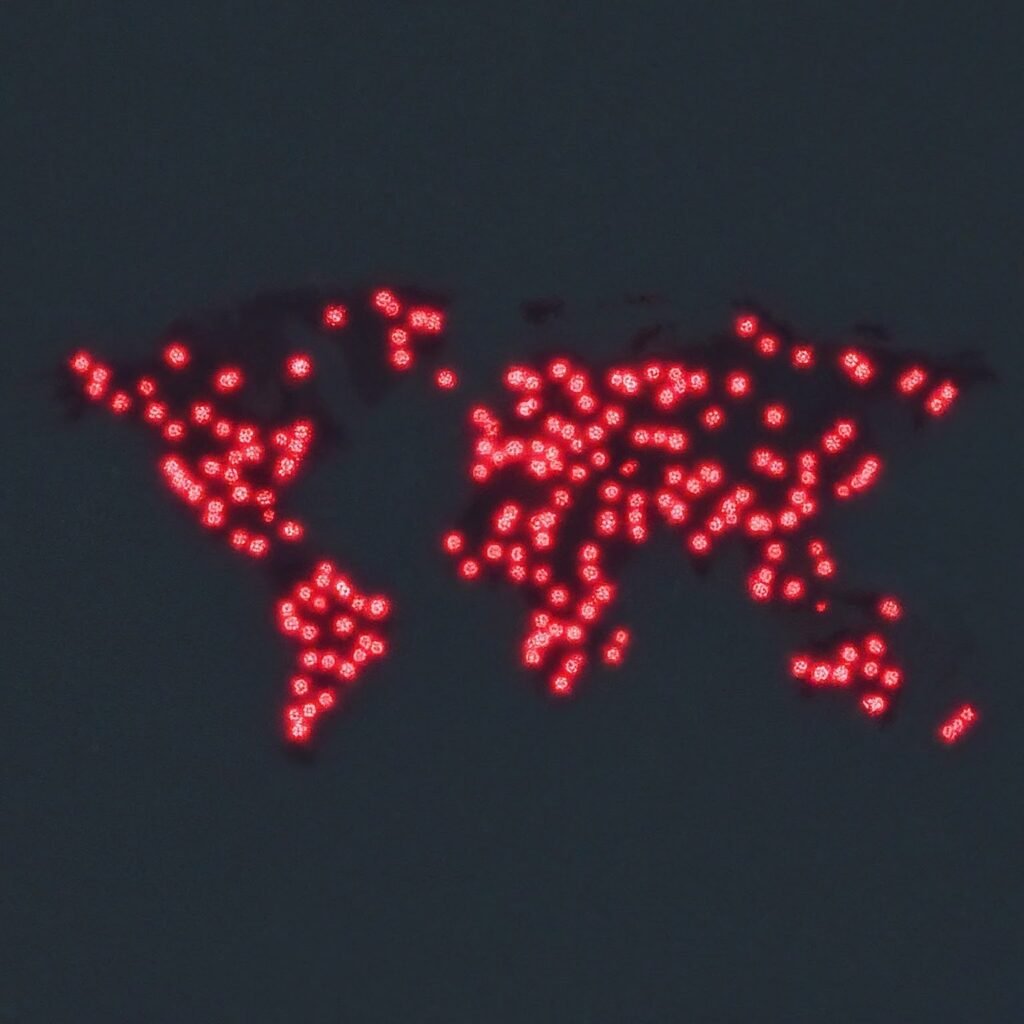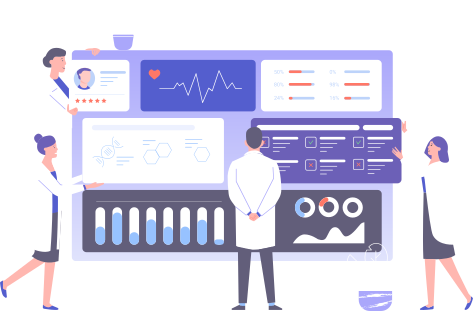Remember the frantic early days of COVID-19? News reports flooded with rising case numbers, hospitals overwhelmed, and a scramble to understand a virus that had brought the world to its knees. What if we could see these outbreaks coming, not just as a vague possibility, but with some actual warning?
Think about disease outbreaks like wildfires – they usually start small and localized. Traditional disease tracking is a bit like only noticing the fire once it’s turned into an inferno. We need a way to spot the smoke before the blaze gets out of control. That’s where the idea of prediction comes in.
The Old Way: Slow and Reactive

Historically, we’ve been pretty bad at spotting outbreaks early. Health agencies wait for doctor’s reports, patient data to come in, and lab tests to confirm infections. It’s a bit like trying to piece together a crime scene after the fact.
This leaves us vulnerable. Outbreaks can bubble along under the radar, giving the virus or bacteria a chance to spread before we even realize there’s a problem. By the time we take widespread action, it might be too late.
Data: The New Early Warning System

It turns out, outbreaks don’t just appear out of the blue. They leave subtle clues:
- People Talk: Sometimes, people get sick and share about it online way before they visit a doctor. News outlets might pick up localized clusters of illness. Monitoring social media, news reports, and even online searches could provide early hints of something unusual brewing.
- Travel Matters: Infected people can unknowingly carry a disease across borders. Flight information, passenger health data, and unusual destination searches might signal patterns that could predict how a new illness is spreading.
- Environment Counts: Changing weather patterns, wildlife disturbances, or shifts in water quality can sometimes create the right conditions for diseases to jump from animals to humans. Combining this data with health information could uncover areas at risk.
The Power of Prediction
Predicting isn’t just about knowing that something might happen, it’s about the when and where. This potential lead time could be a game-changer:
- Focused Response: If we suspect a region is at risk, we can ramp up testing, monitor vulnerable populations, and get medical resources ready. It’s like putting up firebreaks before the blaze reaches your town.
- Faster Science: Early warnings give scientists a window to start analyzing the culprit and even begin researching treatments before it spreads widely. It’s a valuable advantage in the race against time.
- Containment is Key: Catching an outbreak early means a chance to squash it where it started, potentially preventing it from turning into a global crisis.
Challenges & Cautions

Of course, it’s not a fairy tale solution. Here’s where things get tricky:
- Data is Everything: These prediction models need tons of data to be accurate. That means more efficient health reporting systems and countries being willing to share information openly.
- Sorting the Signal: People talk about all sorts of health stuff online. Telling a spike in real illness from a bout of internet hypochondria is a challenge.
- Privacy Matters: Monitoring online conversations and health-related travel data understandably raises privacy concerns. We need strong safeguards to make sure this kind of tracking is always done responsibly.
The Future of Pandemic Prevention

This kind of prediction won’t replace doctors or guarantee every outbreak is stopped. However, it could be a powerful tool alongside our existing methods, shifting us from reaction to preemption. Imagine a world where outbreaks are dealt with more swiftly, where pandemics are a less terrifying threat. The data might just hold the key, and it falls to us to use it wisely.
